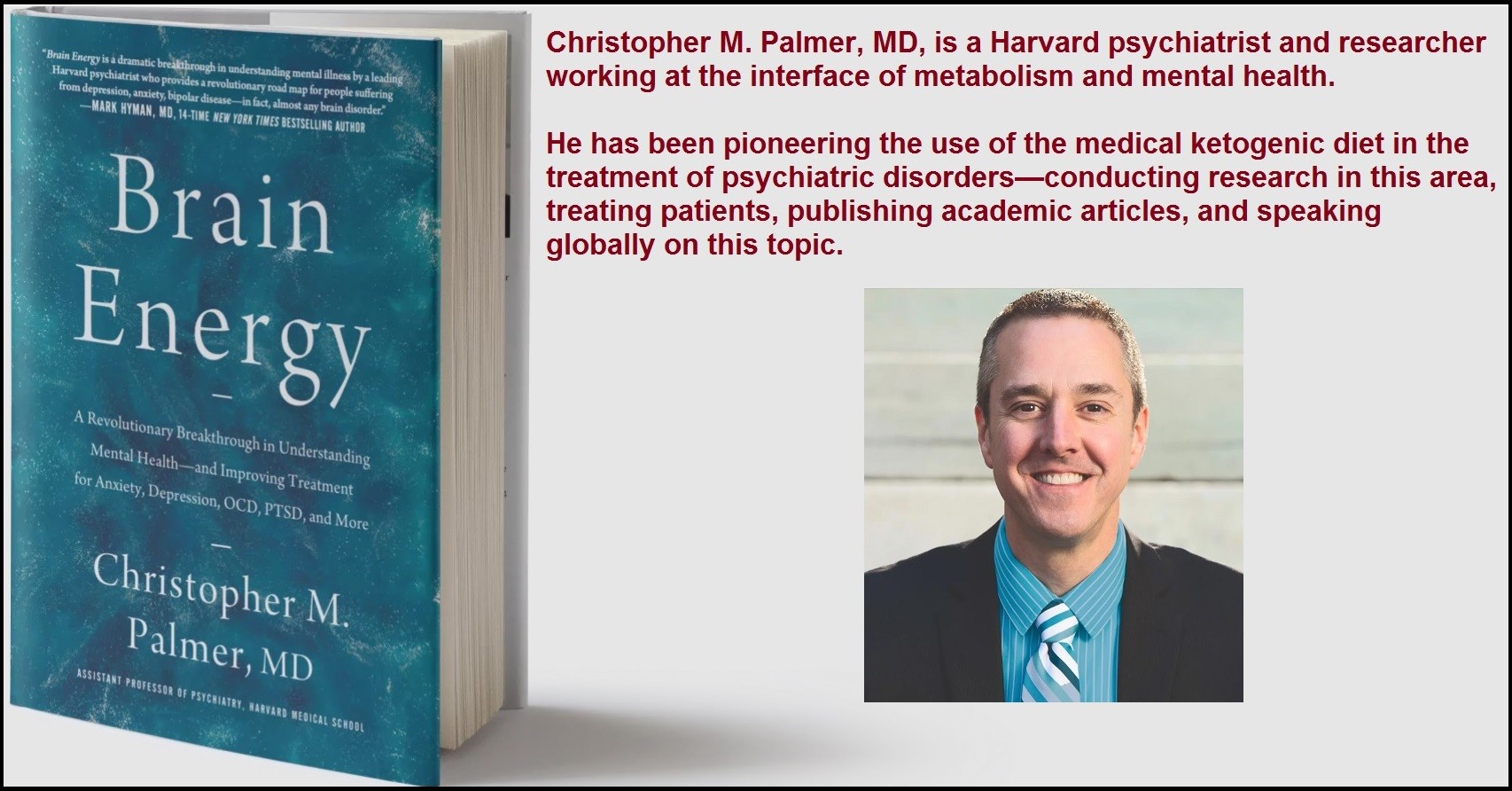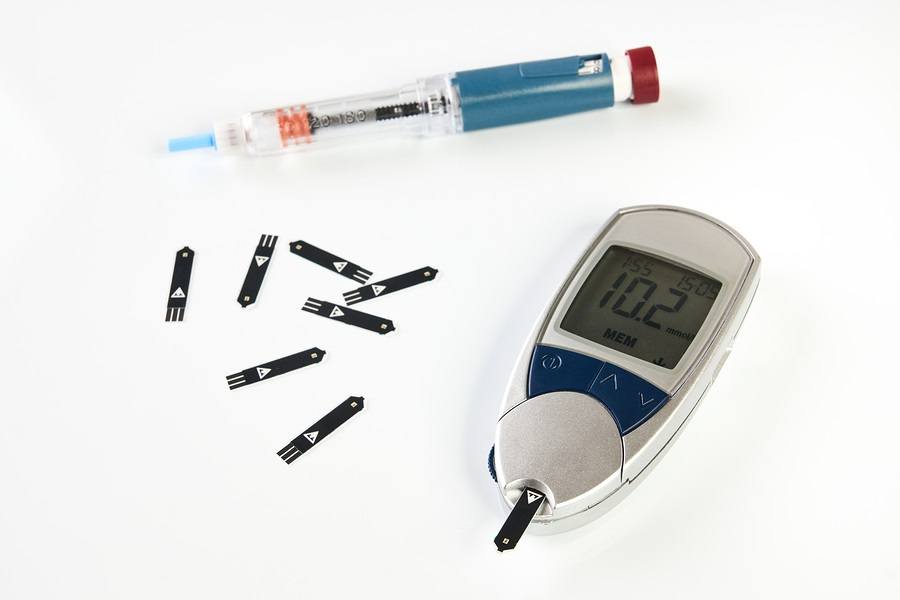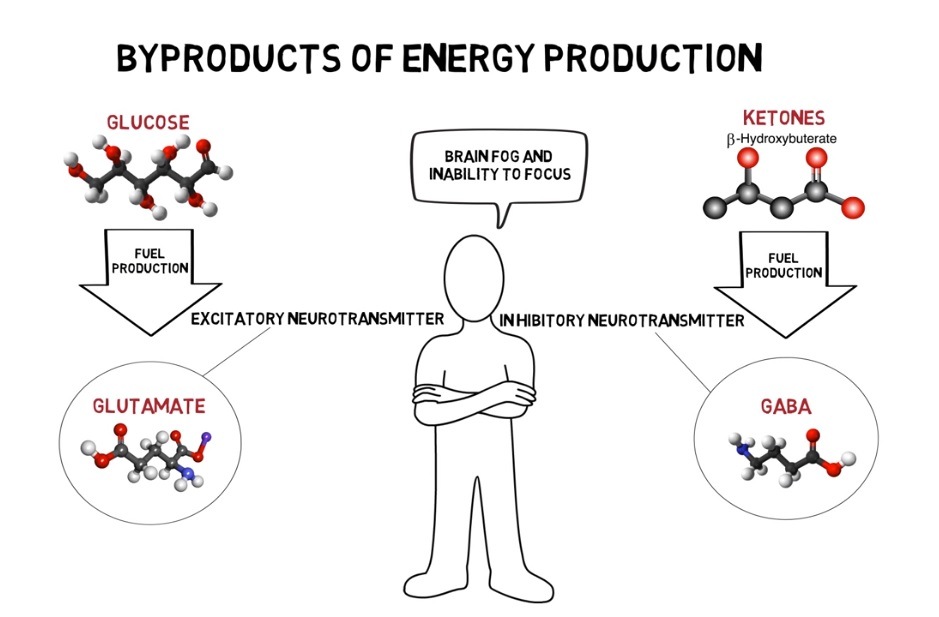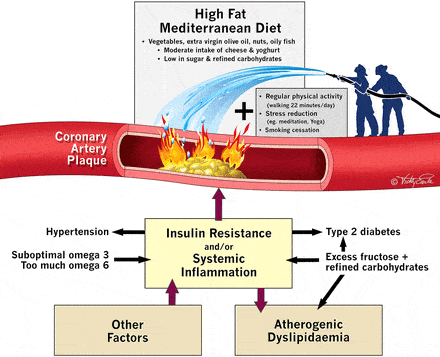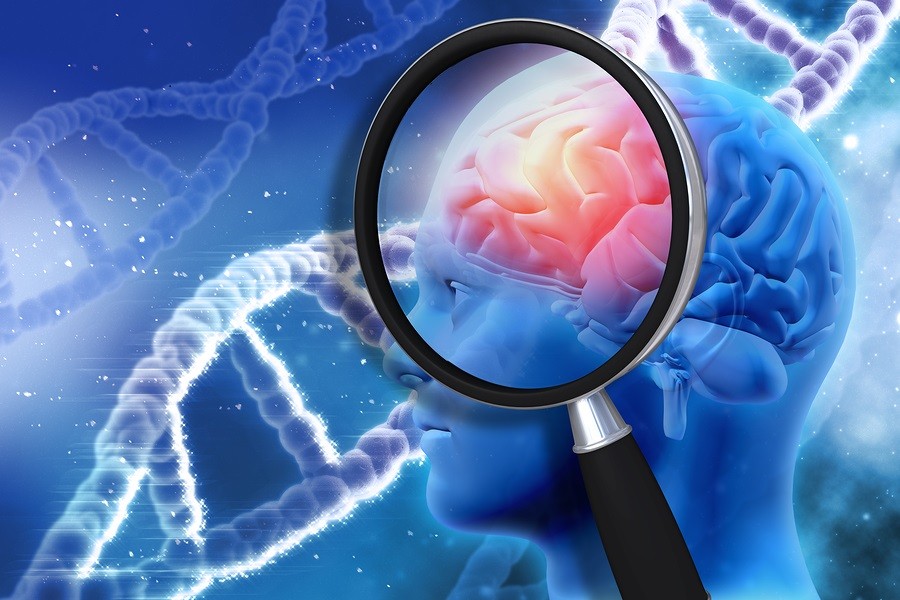How the Simple High-Fat Low-Carb Ketogenic Diet Continues to Change People’s Lives
While Big Pharma continues to pump out new drugs for an increasingly sick and diseased American population, especially in recent times with novel new weight loss drugs, one natural diet has withstood years of critical attacks from mainstream medicine with over 100 years now of evidence on how effective it is to fight modern diseases: The Ketogenic Diet. A search on this diet on Health Impact News will net over 100 articles on this amazing diet. The ketogenic diet was developed at Johns Hopkins hospital in the 1920s as a natural cure for epilepsy, when drugs failed. It is a high fat diet restricting carbohydrates, and origins of the health benefits of the diet date all the way back to ancient Greece. Various fad diets in modern times have been based on the principles of the ketogenic diet, such as the "Atkins diet" and the "Paleo diet." The diet fell out of favor during the anti-saturated fat campaign started in the U.S. and codified into official government dietary advice in the 1970s as a result of the McGovern Report. “Saturated fat is bad” is still official government dietary policy today, and the core belief of most Americans, who have been deceived for decades into believing that a low-fat high-carb diet is preferable. This supports the now debunked erroneous "cholesterol" theory of heart disease. Big Pharma had been unable to sufficiently suppress this diet that is such a big threat to their drug-therapy models, due to the millions of people worldwide who have experienced success on the diet. So they have tried to mimic it with patented drugs, instead. I was pleased to see a new study published this month on how the diet was being used for Pediatric Epilepsy Care in India, by developing a diet based on natural foods available to people in India, particularly coconut oil. No drugs needed!





